By Wang Hongli
On 23 December 2021, the United States signed into law the so-called "Uyghur Forced Labor Prevention Act", which bans the import of all products from Xinjiang into the United States, on the pretext of "forced labor" under the guise of human rights.
This "Act" is one of a growing number of U.S. bills relating to China and Xinjiang. It is another realistic example of U.S. hegemony and power politics, and another concrete action by the U.S. to regard China as a strategic competitor and to restrain it from rise
The truth is always a "shredder" for lies. In fact, Xinjiang has always adhered to the people-centered development ideology and has been promoting the people-benefiting projects on employment, healthcare and education, so that the fruits of the development can better benefit its people. A stable and peaceful society, a flourishing economy and a constant improvement in people's lives can be seen from the north to the south of the Tianshan Mountains in Xinjiang.
Long-arm jurisdiction is a consistent bullying tactic of the United States.
The United States has used sanctions. By taking the advantage of its financial hegemony and technological superiority, it has frequently used "democracy", "human rights" and "national security" as pretexts to override its own domestic laws over international laws, and to arbitrarily sanction and suppress countries that it considers enemies or rivals. Due to the long-term sanctions against other countries, the U.S. has already formed a systematic and complete sanction system and has accumulated rich experience in sanctions.
The U.S. often uses three means -finance, technology and laws - to suppress its competitors in order to maintain its status of economic hegemony, political hegemony and world dominance. In terms of financial means, the U.S. has put relevant companies on the sanction list, excluding them from the "dollar settlement system". For technical means, the U.S. has implemented export control bans, curbed the lifelines of enterprises, and controlled military, technology and U.S. dollars as the leading global hegemon. Legally, it overrides international laws. By following its domestic legal procedures, the U.S. uses different combinations of policy tools such as long-arm jurisdiction and entity lists, and eventually develops the approach of using legalized recourses such as "national security", "human rights", and "anti-corruption" issues. The subjectivity, arbitrariness and political nature of these dispositions are obvious, and the "supremacy of American interests" is undeniable. These are merely tools of the U.S. for reinforcing its hegemonic position and suppressing any potential competition and surpassing.
The U.S. sanctions are too numerous to list. In his 2019 book of Le Piége Américain (The American Trap), Frédéric Pierucci, a former executive of the French Alstom Group, has pointed out: “Since 2008, 26 companies have been fined more than U.S.$100 million by the United States, of which 14 are European companies (five are French) and only five are U.S. companies. The total fines paid by European companies to date have approximately exceeded U.S.$6 billion, with French companies alone paying nearly $2 billion. Besides, six corporate executives were prosecuted by the U.S. Department of Justice, of whom I am one."
The political conspiracy of “containing China through Disrupting Xinjiang" is clearly evident.
In recent years, the United States has continuously been creating the so-called Xinjiang issues, with which it smears China's human rights situation and attacks China's Xinjiang policy. The intention is to undermine the tremendous achievements in China’s anti-secession, anti-violence, anti-terrorism and de-radicalization in Xinjiang, and destroy the stability and harmony of Xinjiang and the happy lives of people living in Xinjiang. The ultimate goal is to suppress the rise of China. The political aims of the United States are clear, and sanctions are various. This is the case when the so-called "Uyghur Forced Labor Prevention Act", which is just one of many anti-China bills related to Xinjiang, was signed into law.
According to incomplete statistics for 2021 alone, the U.S. Customs and Border Protection (CBP) has issued seven suspension orders for goods involving "forced labor", which include cotton products such as clothing and textiles produced in Xinjiang, tomato seeds, canned tomatoes, tomato sauce and its tomato products, silicon-based products, and electronic products. A total value of about U.S.$485 million in goods are detained and confiscated, and imports of cotton, tomatoes, photovoltaics and other leading products from Xinjiang were unjustifiably prohibited into the U.S.. The United States signed the "Uyghur Forced Labor Prevention Act" into law and arbitrarily decided that all goods produced in Xinjiang involve “forced labor”. It declared to "use all powers the U.S. government has", including bilateral and multilateral mechanisms, visa and financial sanctions, export restrictions and import controls, in order to "lead the international community in ending the practice of forced labor".
It is an overall crackdown to enterprises and commodities in Xinjiang. It is a naked deprivation of Xinjiang people’s rights to pursue a better life through work and employment. It is an attempt to stifle the survival and development of Xinjiang enterprises. It is a usual trick of trying to mess up other countries and then get out of the way. The plot of “containing China through disrupting Xinjiang” is so evident that nothing needs to be covered up.
The prosperity and development of Xinjiang is the most powerful response.
People's well-being is the greatest human right. Each year, Xinjiang spends more than 70% of its general budget expenditure on safeguarding and improving people's livelihood. In 2021, the regional GDP of Xinjiang has increased by 7%, achieving 1.6 trillion yuan (RMB, the same below). The per capita disposable income of urban and rural residents has increased by 8% and 10.8% respectively. The income and welfare of people of all ethnic groups in Xinjiang are greatly improved, and the income structure has been constantly optimized.
Xinjiang has always regarded the wishes of workers as an important foundation for formulating employment policies, expanding employment channels, exploring employment positions, conducting employment training, and providing employment services. It ensures that the majority of workers can freely choose the form of work, and that employment in society is stable. In the past five years, a total of 2,348,600 new jobs have been created in cities and towns in Xinjiang, and 14,333,000 rural laborers have been employed, bringing the total number of people employed to over 13 million.
The fundamental public services such as education, medical care, culture, and social security in Xinjiang have been significantly enhanced, and the ecological environment has been increasingly improved. Xinjiang has built a medical and health service network covering both urban and rural areas, and the rate of health centers in towns and clinics in villages has reached 100%. Since 2016, the government has invested a total of RMB 8.18 billion in physical examinations, and both urban and rural residents can enjoy free medical examinations each year. The nine-year compulsory education has been achieved in all areas of Xinjiang, and the four prefectures in southern Xinjiang have been covered by 15 years of free education. Xinjiang has established a comprehensive, fundamental, and multi-level social security system. A national insurance scheme was implemented, and the participation rate of urban and rural residents in the basic endowment insurance was stabilized at 95%.
In contrast, how absurd is the U.S. strategic conspiracy to create the so-called Xinjiang issues and human rights issues! How ridiculous it is to "mess up China and contain it for a long time"! How can the people in Xinjiang pay any attention to the "noises" made by the United States?
The development and achievements of Xinjiang are universally recognized, and all can see that people in Xinjiang are living and working in peace and contentment. The tremendous economic and social development of Xinjiang and the peaceful, prosperous, and happy lives of Xinjiang people are the most powerful counterattack to the U.S. hegemony.













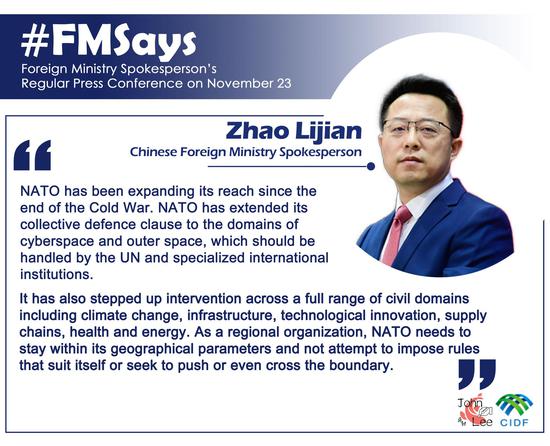
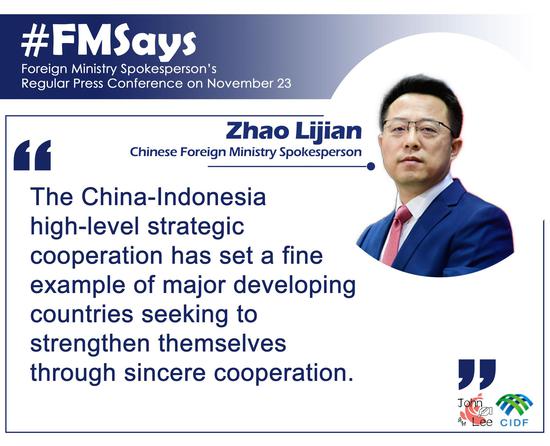
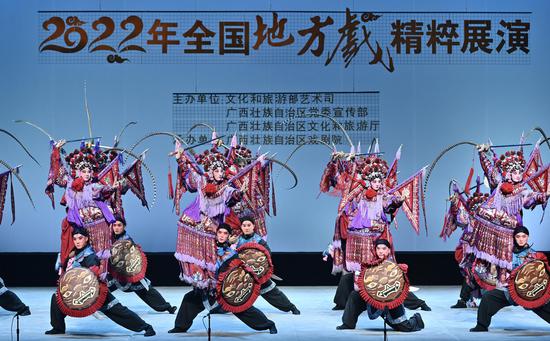



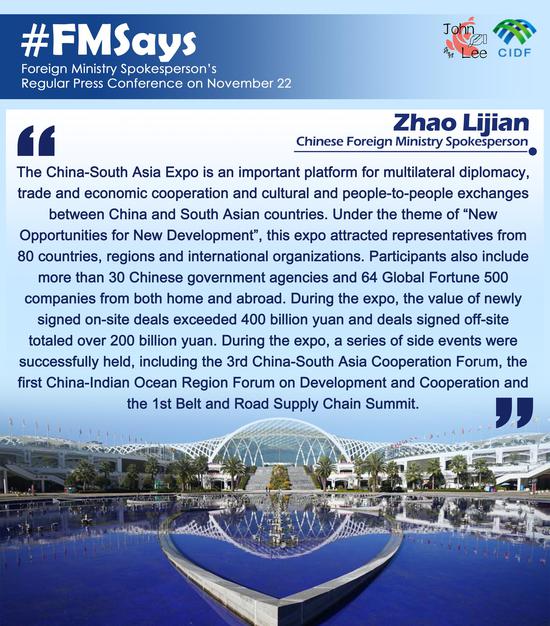

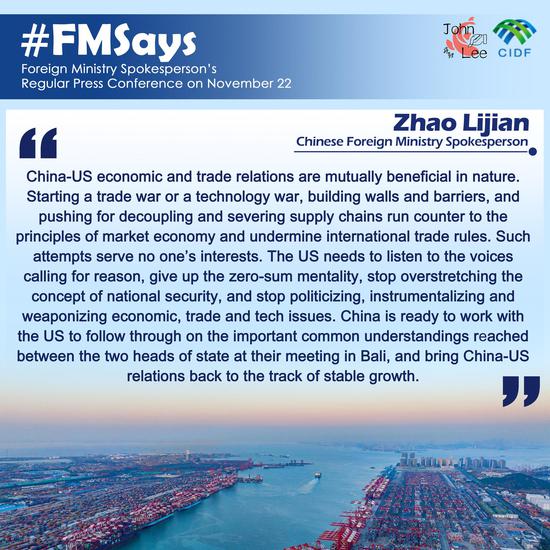

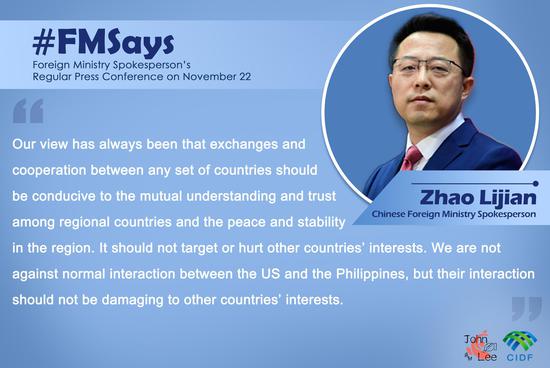


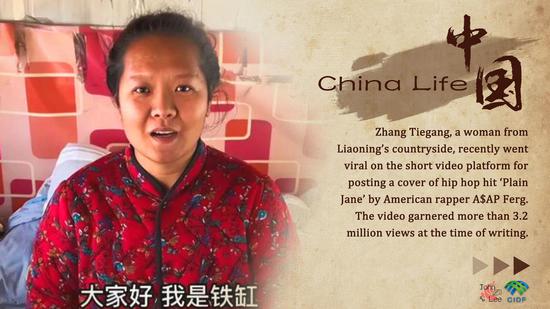














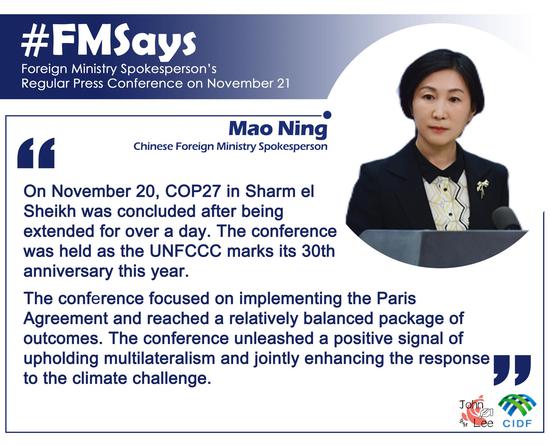


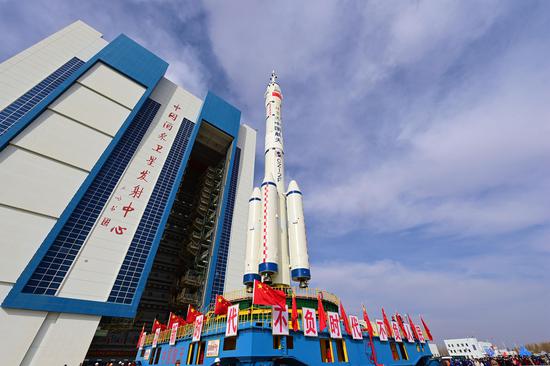





 京公网安备 11010202009201号
京公网安备 11010202009201号